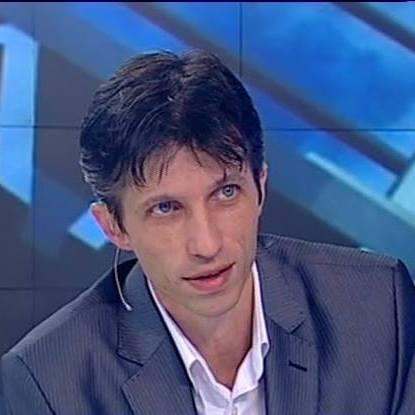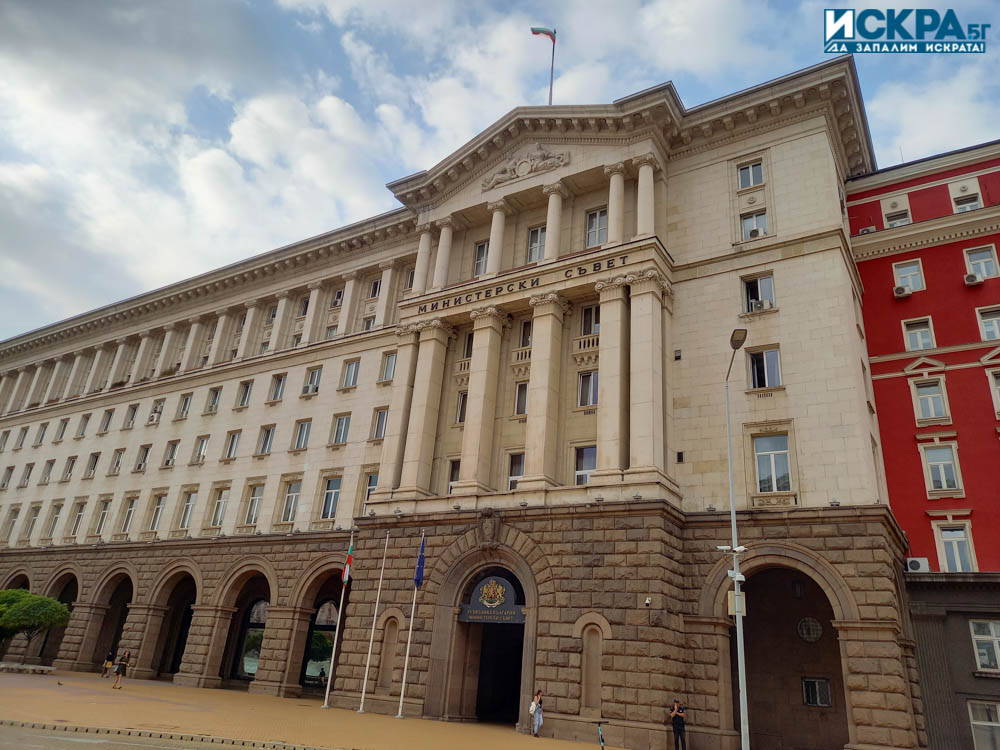
In the last two years – 2021 and 2022, businesses in Bulgaria have officially declared record profits to the National Revenue Agency. In both years, their growth was over BGN 10 billion. For comparison, in 2019 it was under 1 billion BGN, and in 2018 – about 3 billion BGN.
According to the Ministry of Finance, the huge profits of the companies in our country in the last two years are due to the excessive support from the state. That is why the department is now considering a way to return part of these amounts back to the budget. And according to them, it is through the introduction of an „excess profit“ tax, with the idea of the finance ministry being that the tax will be one-time and equal to about a third of the profit of certain companies for the year 2022.
The new „excess profits“ tax is enshrined in the department’s proposals for changes to the tax laws, which were made public late on Friday last week and which will be submitted for consideration by the next 49th National Assembly. It will be calculated according to a special formula.
In a special interview for Iskra.bg, the economist Assoc. Dr. Grigor Sariyski declared categorically against the introduction of the new tax, called „excess profit“. When asked if he approves of such a measure, he replied:
“Absolutely not! Something similar was done last year and some of the excess profits were seized. However, the measure affected only state-owned companies and only in one sector. If you are introducing any new rule, you should either introduce it for everyone, or you shouldn’t introduce it for anyone. The introduction of a new rate and principles of taxation cannot apply to only one sector, cannot apply to only one category of property. If you apply discretion, it can only be on the part of helping and serving to direct incentives to the subjects with the least chance of survival. The introduction of new taxes must apply to everyone and in no case can affect revenues from an expired period.”
Sariyski pointed out that there is no clear criterion for determining the companies with excess profit in 2022. He explained that in order to make such a differentiation, there must be a legal definition, and there is no term „excess profit“ in the Bulgarian legislation. Thus, according to the economist, the finance ministry could only refer to a European directive published last year, which contains quite general texts and gives wide freedom for the interpretation of this concept.
„From this point of view, in my opinion, until it is implemented by some act of local legislation, the introduction of such a tax is simply unacceptable!“, emphasized Sariyski.
He is adamant that someone must bear the penalty for the mistakes made in the fiscal policy and explain why such large sums from the state budget are distributed „in the open“, given that such an approach benefits to the greatest extent the companies that actually earn the most. The same applies to Value Added Tax.
„When VAT is reduced in the hotel industry, for example, it happens that the company with increased turnover receives a greater benefit at the expense of the treasury, while distressed enterprises with reduced revenues receive less. What is the logic in such a support scheme?! I think someone really needs to explain the reasoning behind the measures put in place and their poor structuring to say the least, which has done serious damage to both the treasury and the real economy. The indicators that the statistics report at the moment – the weak rate of growth of the Gross Domestic Product, the intense growth of prices and lagging incomes are the natural consequence of this policy, which is paid for from our pockets,“ Grigor Sariyski also emphasized.
















